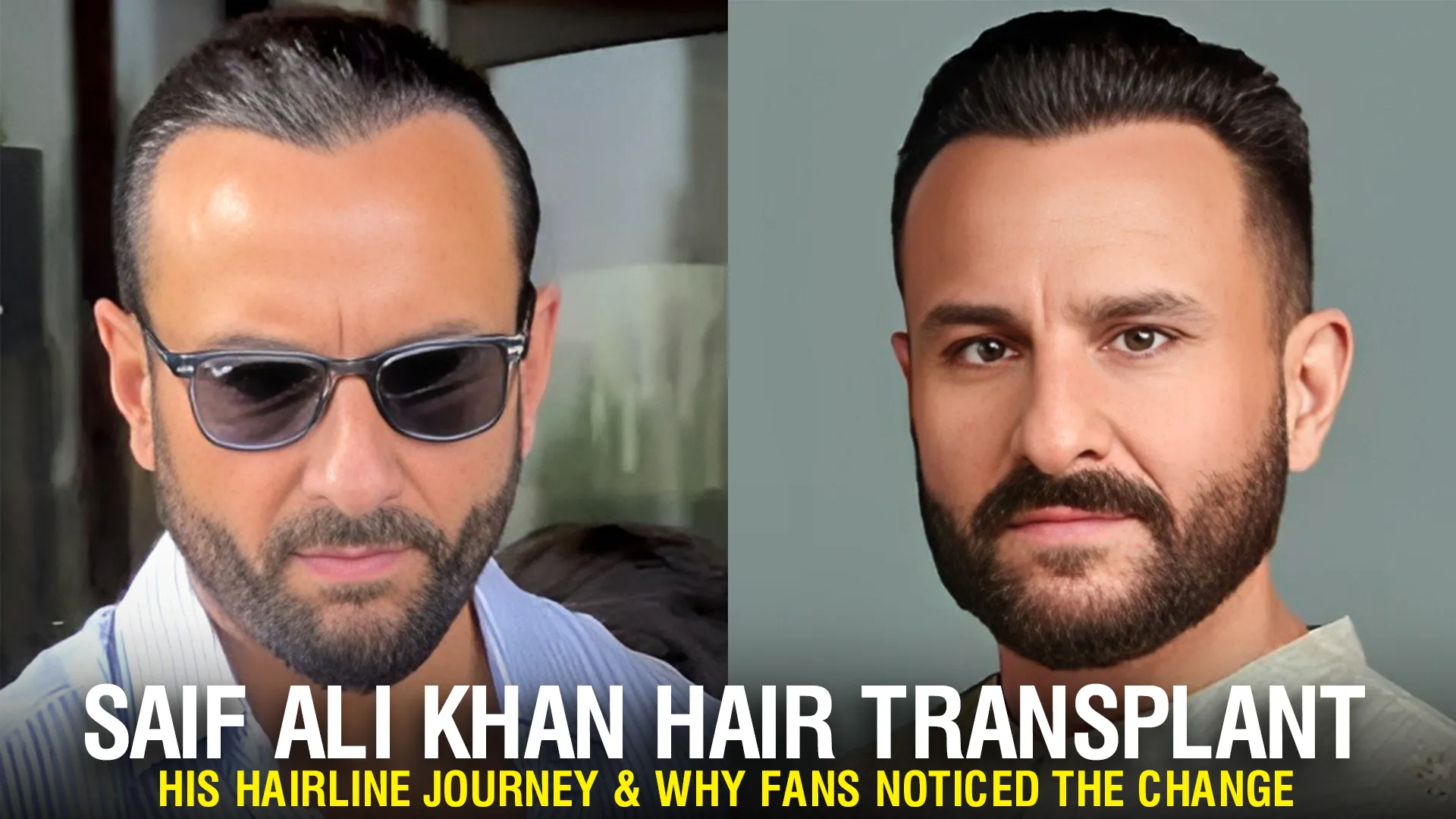Sometimes, people with hepatitis B want to get a hair transplant. For those who are curious about a hair transplant, they wonder if they can still undergo the procedure if they have the HBV virus. They may also be concerned about how it might affect the surgery or recovery process. So here, we’ll dive into all the details and clear up any questions you might have about this condition. Learn about the relationship between Hepatitis B and Hair Transplant to ensure safe and effective hair restoration.
Hepatitis B and Hair Transplant
Hepatitis B can be transmitted sexually, through blood or through childbirth. Hepatitis B is not transmitted by shaking hands or swimming in a pool. When tested, a person is considered to be contagious if they test positive for HbsAg. 1-2% of hepatitis B patients develop liver problems. It is possible to undergo a hair transplant, but the hair transplant team will be notified first.
Can Hepatitis B Make You Lose Hair?
Liver is one of the most important organs in the digestive system. It’s responsible for a lot of things in our body, so even a small issue can have big consequences for the whole body. Hepatitis B is caused by the HBV virus and messes with how the liver works, leading to a bunch of health problems like chronic hepatitis, cirrhosis, and even cancer. It also has a lot of side effects, including hair loss.
While people think that hepatitis B can indirectly affect hair, skin, and nails through liver issues, scientific studies have actually shown that hair loss can be caused by the interferon treatment used for hepatitis B. But don’t worry, these side effects are reversible once the treatment is done.
Who is at Risk of Developing This Disease?
Hepatitis B belongs to a family of viral hepatitis diseases. Because this disease is very easy to get infected. A person can be infected by HBV virus in several conditions:
- While in the asterile state.
- During tattooing with asterized instruments.
- During dental or cosmetic procedures where the integrity of the skin is violated.
- During blood collection or transfusing.
- During a stay in a hospital or medical facility.
- While having unprotected sex with unknown persons.
- Hepatitis B virus can also be transmitted from the mother if the mother has hepatitis during pregnancy.
- Hairdressers are also at risk of infection.
Can I Have a Hair Transplant if I Have Active or Detectable Hepatitis B?
If you have active hepatitis B, it’s not recommended to undergo a hair transplant. This is because there are risks involved for both you and the medical staff. Having hepatitis B weakens your immune system, making you more susceptible to infections after the procedure. Plus, it’s risky for the medical team and other patients.
So, if you have hepatitis B, you won’t be able to get a hair transplant. It’s important to be upfront about your medical history so that the clinic can ensure everyone’s safety. They’ll do blood tests before the procedure, and if hepatitis B is detected, they’ll cancel the operation.
In short, it’s better to be safe and not risk your health or the health of others.
Can I Get a Hair Transplant if My Hepatitis B is Completely Gone?
Yes, you should do a hair transplant after hepatitis B is completely gone. It is important to prioritize your general health before worrying about any surgical procedure. Once your physician is safe to treat you and then confirm your ability to undergo the procedure, you can consider the possibility of a child transplant with a qualified surgeon. Always consult medical professionals to ensure the best course of action for your specific condition.
Conclusion
For the best hair transplant results, visit HairFree HairGrow Clinic. Our experienced team understands the importance of personalized care, especially for individuals with specific medical conditions like Hepatitis B. Contact us today to schedule a consultation and embark on your journey to fuller, healthier hair.
Written By
MD (Skin & VD)
Dr. Santpal Sangwan is a leading hair transplant specialist with expertise in managing hepatitis B and hair transplant procedures. He offers advanced solutions for patients with hepatitis B to ensure safe and successful hair restoration treatments, focusing on optimal results and care.
Disclaimer
We’ve made all possible efforts to ensure that the information provided here is accurate, up-to-date and complete, however, it should not be treated as a substitute for professional medical advice, diagnosis or treatment. See Detailed Disclaimers Here.





